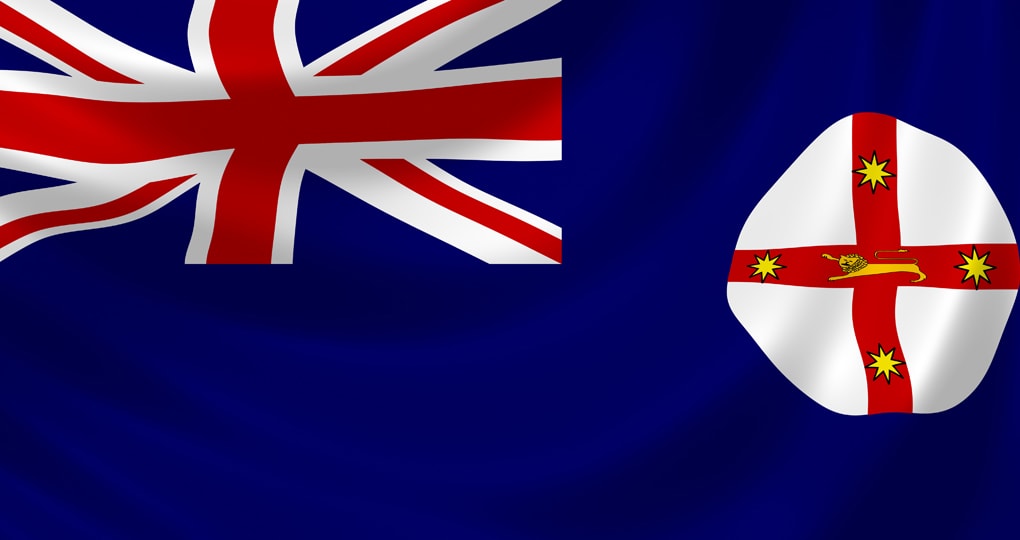Practical Steps for Small Businesses to comply with the new Respect@Work Legislation
As previously advised to our clients, a significant shift will occur in the Australian employment landscape on 13th December 2023. There are a number of legislative changes which employers are required to comply with under the Respect at Work reforms.
These amendments place a ‘positive duty’ on employers to take reasonable and proportionate measures to eliminate, as far as possible, unlawful sexual discrimination in their workplaces.
How to Comply – To comply with these laws, you need to take proactive steps and implement preventative actions against discrimination based on sex, harassment, hostile work environments and victimisation related to complaints or allegations.
Here are some practical steps for small businesses to prepare and comply with these changes:
1. Educate Your Team: The first step towards compliance is understanding the changes.
Educate and formally train your managers and employees about the updated legislation, emphasising the importance of respect, dignity, and equality in the workplace. This training should focus on ensuring everyone is aware of their rights and responsibilities and understands what is and isn’t appropriate workplace behaviour.
2. Review and Update Policies: Formalise your company expectations.
Review your existing workplace policies, especially those related to discrimination, harassment, or bullying. Ensure they align with the legislative changes. Take this opportunity to check that your Work Health and Safety policies place equal emphasis on psychosocial hazards as well as physical hazards, to ensure you comply with applicable Work Health and Safety legislation. Ensure your Compassionate Leave Policy specifies that employees and their partners can access miscarriage leave.
Once these changes are made, ensure you clearly communicate these changes to your employees. Having clear and legally compliant policies in place not only ensures compliance but also sets the tone for a respectful work environment.
3. Foster a Respectful Culture: Proactively promote a culture of respect, inclusivity and diversity.
Encourage open communication, active listening, and empathy among employees. Lead by example, demonstrating respectful behaviour at all levels. Demonstrate your positive steps to avoiding sexual harassment and sex-based incidents by clearly communicating what is and isn’t appropriate. If you have a client-facing business, ensure that your clients also act respectfully with your team members by communicating your expectations. By fostering a positive workplace culture, you create an environment where everyone feels valued and supported.
4. Seek Feedback: Give your team a chance to share their experiences.
Seek feedback from employees through anonymous surveys or focus groups to gauge their experiences within the work environment. Regularly review your workplace practices and culture to identify areas for improvement. Use this information to make necessary changes, ensuring your workplace remains respectful and inclusive.
5. Establish Reporting Procedures: Create effective reporting channels
Create clear and confidential reporting procedures for incidents of harassment, discrimination, or bullying. Ensure employees know how to report such incidents and that they can do so without fear of retaliation. Having a well-defined reporting process demonstrates your commitment to addressing workplace misconduct promptly and effectively.
6. Provide Ongoing Training and Support: Keep everyone up to date.
Equip your employees with the knowledge and skills to identify and address disrespectful behaviour. Offer regular and ongoing refresher training on topics such as conflict resolution and unconscious bias. Provide support such as confidential access to counselling services for employees who may have experienced harassment or discrimination.
7. Consult Experts: Don’t get caught short.
The legislation applies to every business, regardless of type, size and scope. If you would like assistance in actioning these steps, our HR Team is assisting many of our clients with tailoring the above steps to suit their business. The HR Team can provide guidance, training, advice and essential templates to assist you in meeting the minimum requirements for your business. If you are uncertain about how the new legislation applies to your business and what you need to do to comply, please contact Allan Hall HR at [email protected] or call us on 1300 675 393.









